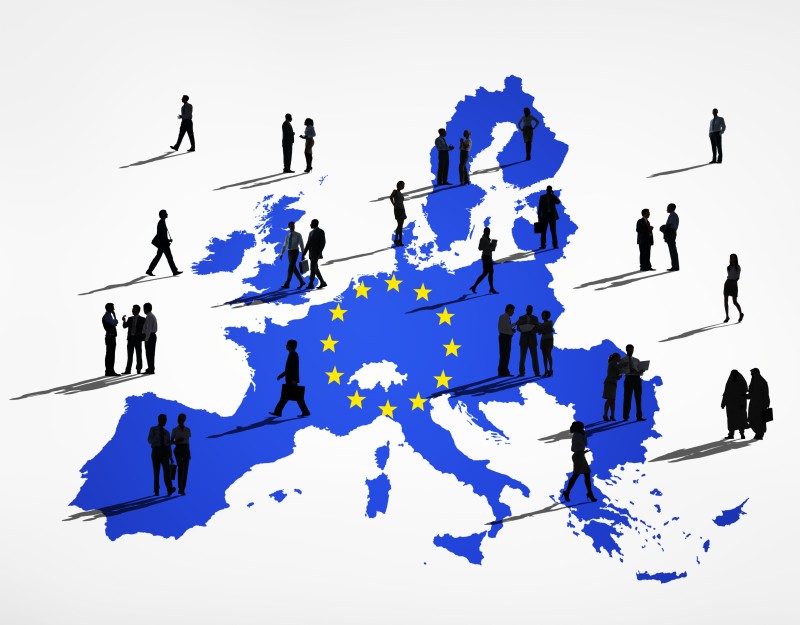Press Release No: 16/20
24 June 2016
Brussels
Yesterday, 23 June, the United Kingdom held a referendum on its membership in the EU. Citizens were asked to vote on the question, “Should the United Kingdom remain a member of the European Union or leave the European Union?” By a narrow margin of a few percentage points, voters decided in favour of leaving the economic and political union of 28 European countries.
From its origins more than 50 years ago, the Conference of European Churches has been a bridge-building organisation, committed to unity and overcoming political divisions in Europe. The fragmented and divided Europe of the 1940s and 1950s prompted church leaders to bring together churches separated by difference political, economic, and social systems. It is to these roots CEC has turned in its recent open letter, “What future for Europe?” Here CEC invites all churches in Europe—within and outside the EU—to a new conversation about our common future and the role of churches in shaping the ethics and values that guide life in Europe.
From his home in the United Kingdom, CEC President Rt Rev. Christopher Hill KCVO, DD reflected on the outcome of yesterday’s vote:
By a narrow margin the UK Referendum (a reported 51.9% voting leave) has recommended to its Parliament that the UK should leave the EU. As President of CEC but also as a bishop of the Church of England, I am proud that my passport as a British subject also has European Union as part of it title, I deeply regret the result and also the manner of the Referendum. This in spite of Church leadership in England, Wales, Scotland and Ireland being supportive. There are no doubt real issues to discuss and these issues are not only debated in the UK but in many member states of the EU. But many of the allegations, especially over migration issues which were decisive in the Referendum, bear no relation to the actual facts and the tone – at least in the UK – has often been hysterical rather than rational, not least amongst ‘popularist’ parties and some sections of the press. A major task for CEC now, in which the UK Churches remain strong supporting members, will be to contribute to such a rational debate, starting with the already existing dialogue within our member Churches throughout Europe, including those Churches in member states on the southern and eastern borders of the EU. In addition, CEC can be a space where UK Churches can reassure our partners in the wider Europe that we still believe in the establishment of structures for peace, justice and stability across our one Continent and indeed that such structures serve for global wellbeing as well as our own.
Above all I hope the churches – including our partners in the Catholic Church – will be able to revitalize a vision for Europe much broader than the mere economic, a vision informed by a Christian understanding of society which looks to the common good of all, supporting human rights and inclusive communities without collapsing into purely individualistic demands, and understands (from the inside of faith) the need for dialogue between faiths and all people of good will. Now that the high profile campaign is over, I look for this serious discourse as urgent for the future of Europe as well as the UK.
For more information or an interview:
Erin Green
Communication Coordinator
Tel: +32 2 234 68 42
Email: eeg@cec-kek.be
Website: www.ceceurope.org
Facebook: www.facebook.com/ceceurope
Twitter: @ceceurope
